Invitation to 'Future jobs - current challenges: Cedefop 2018 Skills forecast' launch event, in Brussels on 8 June 2018
Invitation to 'Future jobs - current challenges: Cedefop 2018 Skills forecast' launch event, in Brussels on 8 June 2018

Invitation to 'Future jobs - current challenges: Cedefop 2018 Skills forecast' launch event, in Brussels on 8 June 2018

The integration of migrants from outside the EU into society is one of the key challenges that the Union must address to maintain social cohesion and equality. In this blog piece Enrique Fernández-Macías and Tania Paniagua de la Iglesia look at how well migrants and their descendants have integrated into the labour markets of EU Member States.

Increases to minimum wages have gathered pace since 2010, with the highest increases recorded in countries which had the lowest minimum wages. However a large gap remains, with minimum wage workers in Bulgaria, the country with the lowest statutory minimum wage, earning just one-eighth the salary of minimum wages workers in Luxembourg, which has the highest rate.
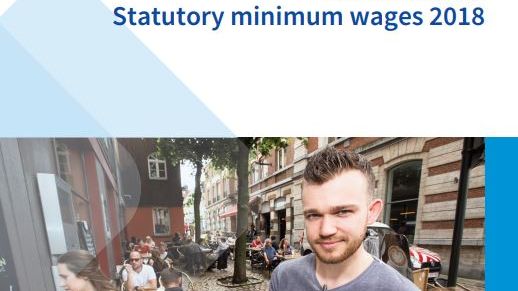
In this blog, originally posted in Social Europe, Massimiliano Mascherini looks at the enduring issue of long-term unemployment among young people. Despite considerable improvement in the labour market participation of youth in recent years, the legacy of the crisis is still visible in the substantial increase in the cohort of long-term unemployed young people.

The new report Game changing technologies: Exploring the impact on production processes and work summarises the findings of five case studies on the likely impact of game changing technologies on production and employment in the manufacturing sector in Europe up to 2025.

The Heads of the EU Agencies have pledged to communicate to their staff that harassment in the workplace is not acceptable, to ensure respect for existing laws and the staff regulation, to promote diversity at work, and to provide a trusted environment in the workplace.

Die führende Stellung Deutschlands in Europa in den letzten Jahren war weitgehend auf die Position als Wirtschaftsmacht zurückzuführen. Deutschlands Platz in den kommenden Jahren kann auch durch seine Fähigkeit definiert werden, ein Kraftpaket für sozialen Zusammenhalt und Integration zu werden

Germany’s commanding position in Europe in recent years has largely been due to its reputation as an economic powerhouse. Its place in Europe in years to come may well be defined by its ability to also become a powerhouse for social cohesion and integration.
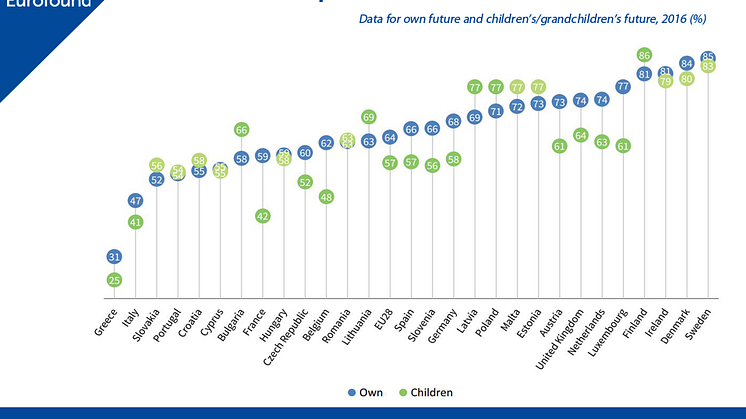
Eurofound and the European Economic and Social Committee, under the banner of the Bulgarian Presidency of the EU, bring together representatives of the social partners, EU institutions, national and regional representatives, practitioners, civil society and academics to debate on access and quality of public services in EU28, as highlighted in Eurofound’s European Quality of Life Survey.
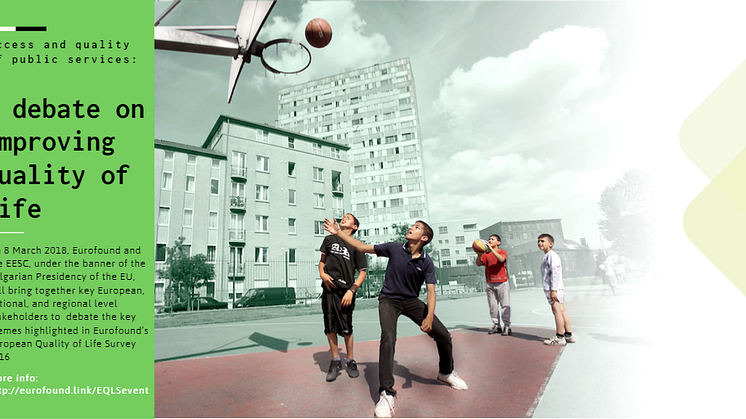
Ahead of International Women’s Day on 8 March we invite you to explore the issue of gender equality in depth, to read about the different areas in which gender equality is most urgently needed. Eurofound assists in the development of better social, employment and work-related policies for all EU citizens and those that call Europe home.

The European Quality of Life Survey explores a variety of aspects related to living standards, health, family and work–life balance, as well as people's happiness levels, and their perceptions regarding the quality of their society. The latest survey results for Finland paint a generally positive picture of the country in 2016, just a year before the 100th anniversary of its independence.

The new report on Working conditions of workers of different ages uses data from the latest European Working Conditions Survey in order analyse the different factors contributing to workers deciding to continue working in later life.
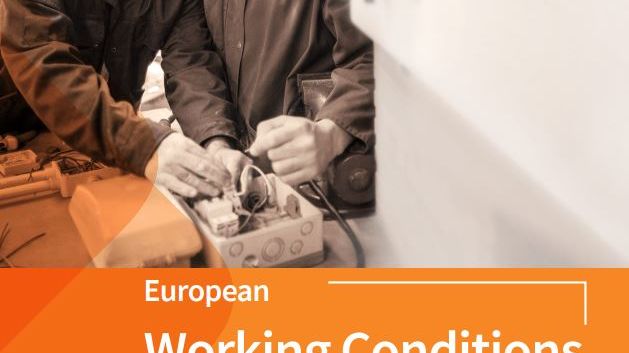
The overview report for the latest European Quality of Life Survey is now online. Nearly 37,000 people in 33 European countries were interviewed in the last quarter of 2016 for the fourth wave of the European Quality of Life Survey. This overview report presents the findings for the EU Member States.

'NEET' is a broad label and includes young people in very diverse situations. This graph shows the composition of NEETs in the EU.
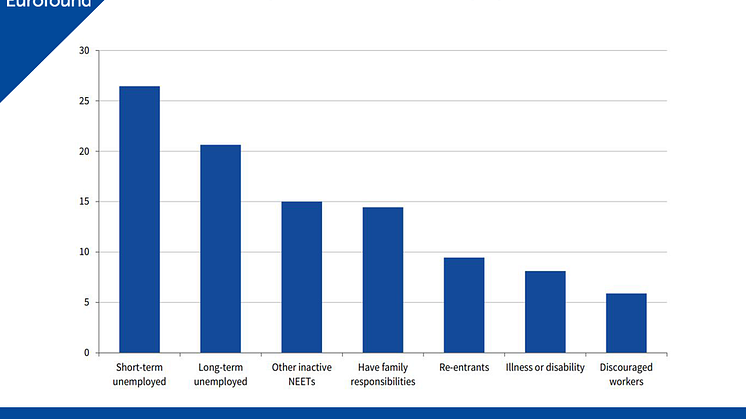
In this blog piece, originally published in Social Europe, Eurofound Research Manager Anna Ludwinek looks at the substantial section of the population that is not working and does not figure in unemployment statistics, but retains significant employment potential.

Young people are more affected than other age groups by long-term unemployment. While long-term youth unemployment is certainly not a new policy challenge for Europe, it now affects a wider range of young people than it ever did before.
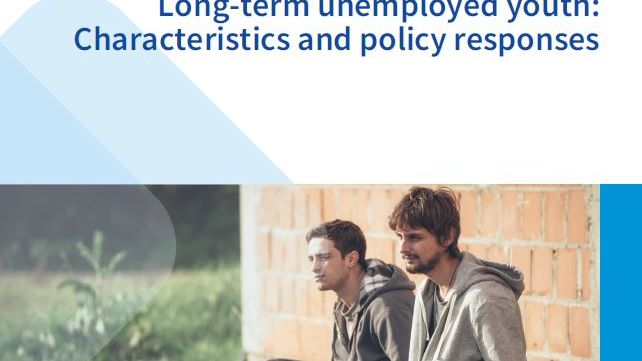
Eurofound’s European Quality of Life Survey (EQLS) 2016 shows that there are vast differences in reported abilities to make ends meet at household level in Europe.
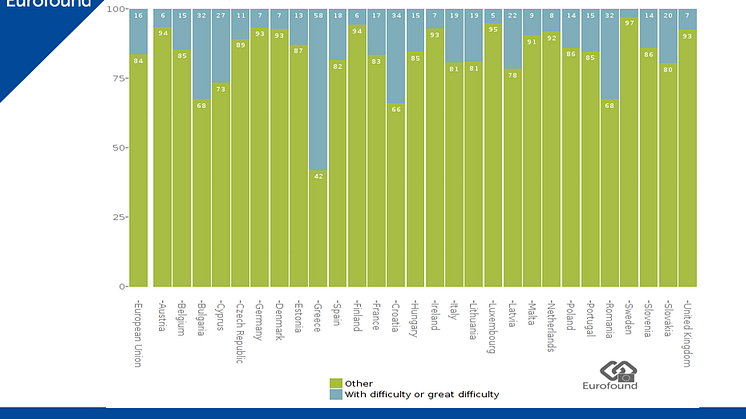
De Europese enquête over de levenskwaliteit van Eurofound geeft een uniek inzicht in de huidige levenskwaliteit van Europeanen.
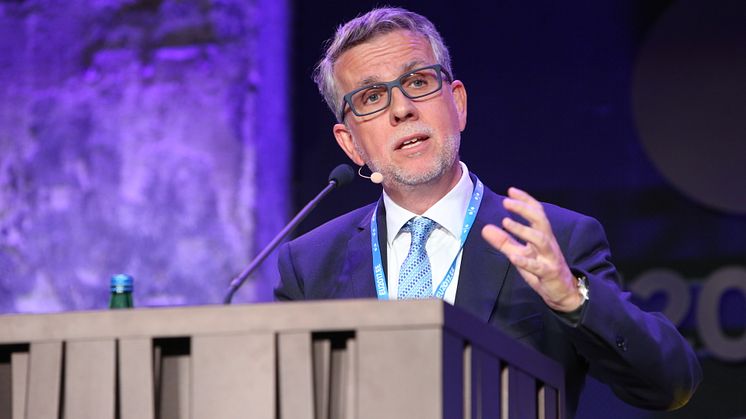
L’Indagine europea sulla qualità della vita (EQLS) di Eurofound fornisce una visione unica sull’attuale qualità della vita dei cittadini europei.

La encuesta europea sobre calidad de vida de Eurofound proporciona una visión única acerca de la calidad de vida actual de los europeos.
